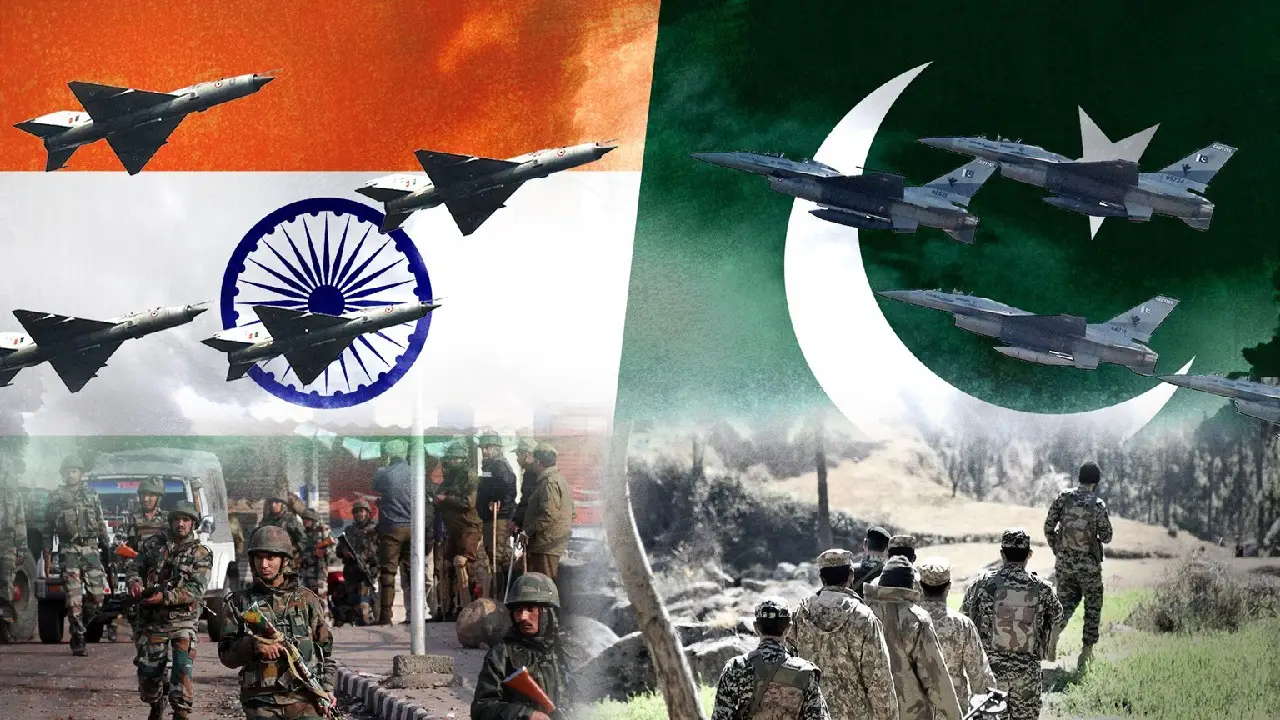
India-Pak War Tension
A Dire Prognosis for Pakistan
As India-Pakistan tensions soar following the Pahalgam terror attack that killed 26 civilians, defense analysts warn that Pakistan could collapse within four days in an all-out war with India. The stark assessment, voiced by retired Indian and Western military officials, cites India’s overwhelming military and economic superiority. With Pakistan’s leadership urging PoK residents to stockpile food and its army reeling from India’s counteroffensive, the prediction underscores the precarious balance in the region, amplifying fears of catastrophic escalation.
India’s Military Dominance
India’s armed forces, with 1.45 million active personnel, dwarf Pakistan’s 660,000-strong military. The Indian Air Force’s 2,200 aircraft, including Rafale and Sukhoi jets, outmatch Pakistan’s aging 540-plane fleet. India’s navy, equipped with aircraft carriers and nuclear submarines, could blockade Pakistan’s ports, crippling its economy. Analysts highlight India’s advanced missile systems, like BrahMos, and nuclear arsenal as game-changers. In contrast, Pakistan’s limited fuel reserves—barely enough for a week of intense combat—and reliance on Chinese equipment, plagued by maintenance issues, severely hamper its war-fighting capacity.





Copyright © 2026 Top Indian News
